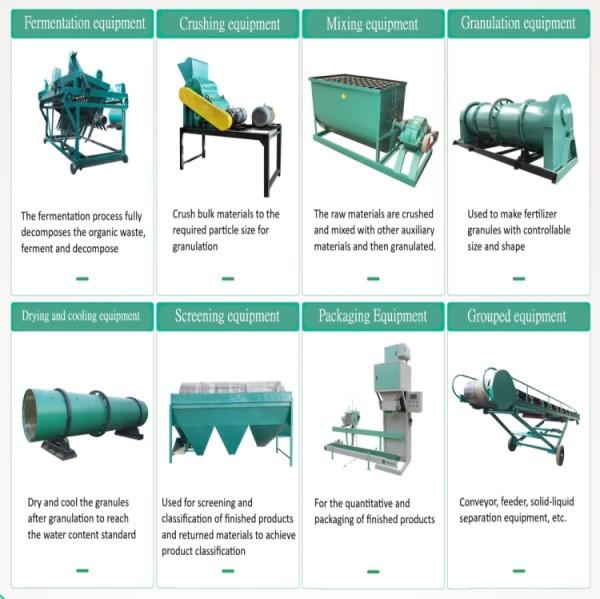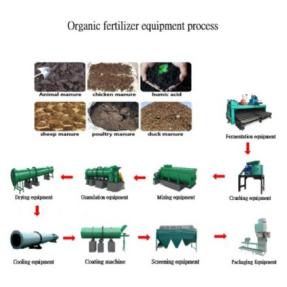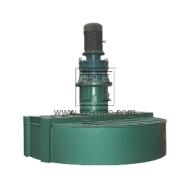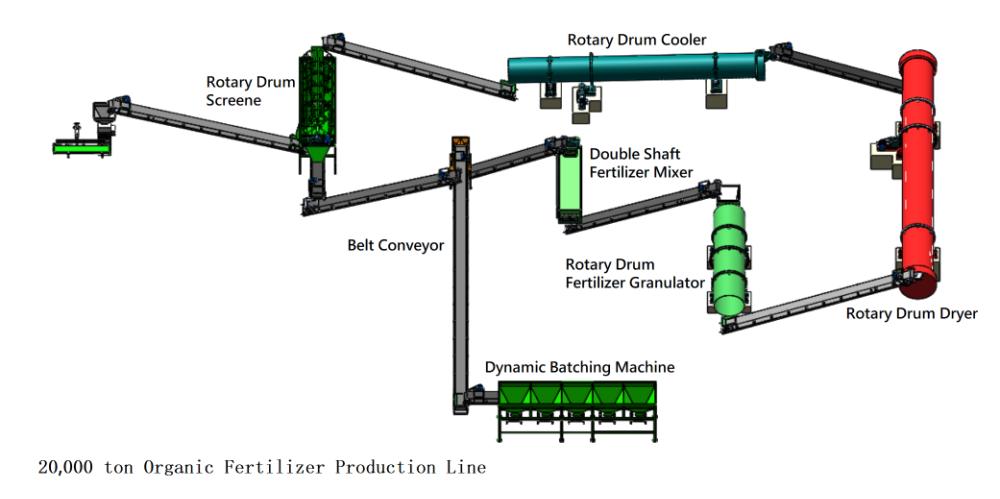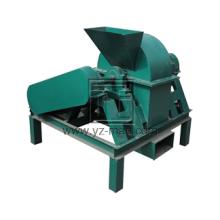Price of compost machine
When considering purchasing a compost machine, understanding the price and associated factors is essential. The price of a compost machine can vary based on several factors, including its type, size, capacity, features, and brand.
Factors Influencing the Price of a Compost Machine:
Type of Compost Machine:
The type of compost machine you choose significantly affects the price. There are various types available, such as compost tumblers, compost bins, compost turners, and in-vessel composting systems. Each type has different features, mechanisms, and capacities, resulting in varying price ranges.
Size and Capacity:
The size and capacity of the compost machine play a crucial role in determining its price. Larger machines with higher capacity tend to be more expensive due to their robust construction, advanced features, and ability to process larger volumes of organic waste.
Features and Functionality:
Compost machines may come with additional features and functionalities that impact the price. Some machines include automated controls, adjustable settings, temperature monitoring, odor control systems, and self-mixing mechanisms. Advanced features can increase the cost but also offer convenience and efficiency.
Construction Materials and Durability:
The quality of construction materials and durability of the compost machine influence its price. Machines built with high-quality materials, such as stainless steel or reinforced plastics, tend to have a higher price tag due to their longevity, resistance to corrosion, and robustness.
Brand Reputation and Warranty:
Well-established brands with a reputation for quality and reliability often come with a higher price. These brands invest in research and development, ensuring innovative design, performance, and customer support. Additionally, a longer warranty period or comprehensive after-sales service can affect the overall price.
Market Demand and Supply:
Market demand and supply dynamics can also influence the price of compost machines. If there is high demand and limited supply for a particular type or brand, the price may be higher. Conversely, increased competition among manufacturers or availability of alternatives can lead to more competitive pricing.
Considerations for Value and Affordability:
When evaluating the price of a compost machine, it is crucial to consider the value it offers in relation to your specific needs. Consider the following:
Functionality and Efficiency:
Assess whether the compost machine’s features and capabilities align with your composting goals. A machine that efficiently processes your organic waste and provides convenience and ease of use may be worth the investment.
Long-Term Cost Savings:
Evaluate the potential long-term cost savings associated with composting. Investing in a higher-priced, efficient compost machine may result in significant savings by reducing waste disposal fees, minimizing the need for external compost sources, and producing high-quality compost for your garden or farm.
Return on Investment (ROI):
Calculate the potential ROI by considering the compost machine’s expected lifespan, estimated compost production, and the value derived from the compost. A higher-priced machine with increased productivity and quality may generate a better return on your investment over time.
The price of a compost machine is influenced by factors such as type, size, capacity, features, brand reputation, and market dynamics. Consider the specific requirements of your composting project, desired functionality, long-term cost savings, and ROI when assessing the price. By carefully evaluating these factors and considering the value the machine offers, you can make an informed decision and choose a compost machine that aligns with your budget and composting goals.



